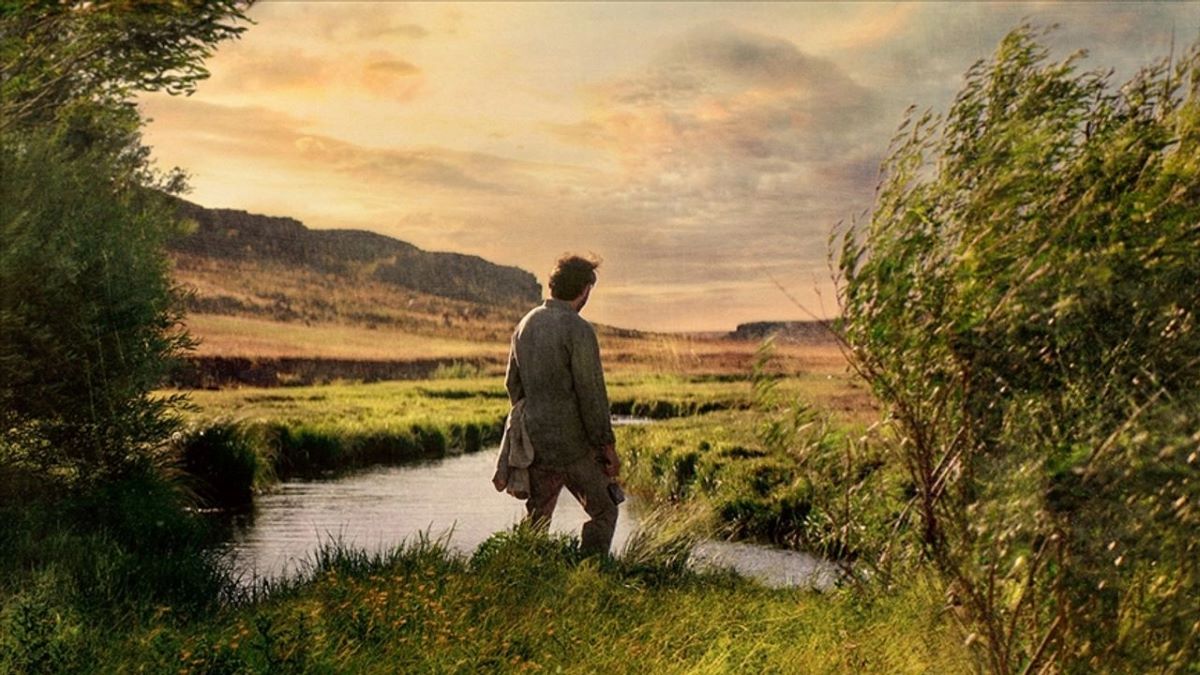MOVIE REVIEWS
Anh Hung Tran – The Taste of Things
by Federico Pedroni
France, late 1800s. Eugenie, an exceptional cook, and Dodin-Bouffant, a famous gastronome, have worked side by side for twenty years. Their relationship of mutual trust has gradually transformed into a romantic one…
Pots, pans, and swift hands performing precise gestures: attention to detail is at the heart of The Taste of Things (La passion de Dodin Bouffant). Vietnamese-born and naturalized French director Anh Hung Tran, who won the Golden Lion at Venice nearly thirty years ago with Cyclo, crafts a romantic relationship in late 19th-century France through the tools of the kitchen. Dodin (Benoît Magimel, in a role befitting his stature) moves among the stoves like an emperor. Eugénie (Juliette Binoche) follows her role as a cook with dedication, perhaps as a lover, serving her majesty.
Hung constructs his film almost by eliminating the plot, showing a relationship like a recipe: precise gestures, obsessive attention to ingredients, universal love for what is created. Dodin and Eugénie are an imaginary couple, their relationship marked by a ritual meant to tantalize others’ palates. Words are few, resembling instructions. The plot is intentionally sparse. Yet there’s something hypnotic in the preparation of increasingly complex dishes. Hung’s camera moves sinuously, capturing every moment, every nuance. Magimel and Binoche emphasize their relationship with emotional restraint, forged through each dish they create, marked by a silent but intense solidarity. The Taste of Things unfolds like a menu, alternating cooking moments with tasting ones, observing the genius chef’s judgments and contrasting them with the guests’ pleasure. Into this somewhat dysfunctional family bursts young Pauline, the household owner’s niece, who shows a keen interest and a remarkable palate for her age. The family simulacrum blends with talent, culinary initiation mingles with a subtly expressed affection.
The film uses food as an overt metaphor for a form of altruism, care, and personal fulfillment. Its repetitive progression and ecstatic gaze capture an almost mystical sense of food, never tied to mere earthly pleasure. It seeks perfection, harmony, the absolute balance of sensory well-being. Hung caresses his actors, immersing them in a painterly light, evoking smells and flavors through a cinema both elegant and tactile. The Taste of Things is a variation on the theme of romantic love, full of human tenderness toward its characters, who are unable to fully express their affection but are always devoted to their vocation as a gift, a quest for perfection, a measure of the world. It speaks of human relationships filtered – like a sauce, reduced and simmered – through a perpetually shadowy, melancholy gaze. Hung signs a delicate, at times meandering, overtly repetitive film that, in an oblique way, showcases a different and persistent pursuit of happiness.
Cineforum, May 9, 2024





